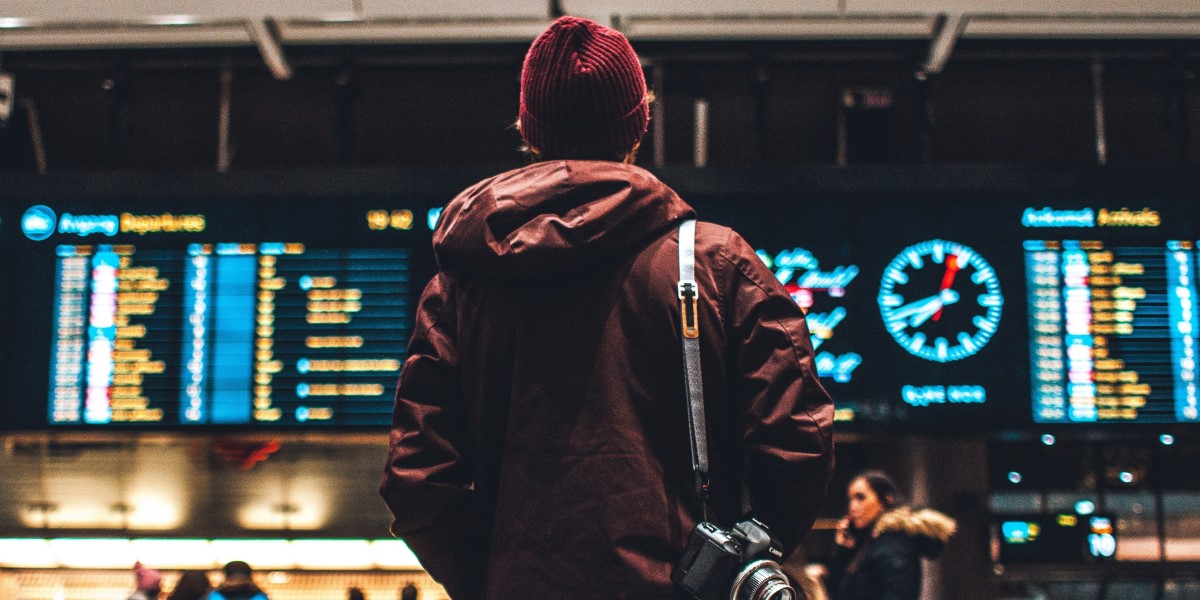In an age where technology influences nearly every aspect of our lives, the travel industry has not been left behind. One of the most significant advancements in this sector is the integration of artificial intelligence (AI) to enhance the travel experience. From personalized recommendations to tailored itineraries, travel AI is reshaping the way vacations and business trips are planned.
Understanding AI in Travel
Artificial intelligence encompasses various technologies, including machine learning, natural language processing, and data analytics. In the context of travel, AI systems analyze vast amounts of data from various sources, such as user preferences, historical travel patterns, and real-time information, to deliver more individualized experiences. This capability allows travel companies to better accommodate individual needs and preferences.
Personalized Recommendations
One of the most notable applications of AI in travel is its ability to provide personalized recommendations. When users engage with travel platforms, AI algorithms gather data on their past trips, search behaviors, and preferences. This data is then used to suggest destinations that may align with their interests, whether it be adventure, relaxation, culture, or culinary experiences.
For instance, if a user frequently searches for beach destinations and shows a preference for luxury accommodations, the AI might recommend exclusive resorts in tropical locations. This level of personalization can save time in the planning process, potentially enhancing the overall travel experience by ensuring that the recommendations reflect the traveler’s tastes.
Tailored Itineraries
Beyond just recommendations, AI also excels at creating tailored itineraries that optimize the travel experience. Traditional itinerary planning requires significant effort and time, but AI streamlines this process. By analyzing user preferences and incorporating various factors like travel time, local events, and weather forecasts, AI can generate a suggested day-by-day plan that may help maximize enjoyment and reduce hassle.
For example, a family traveling to Paris may receive an itinerary that recommends kid-friendly museums, local parks, and dining spots that accommodate dietary preferences. Additionally, the AI can adjust the itinerary in real-time based on changes, such as unexpected weather conditions or last-minute bookings, aiming to ensure that travelers have a more seamless experience.
Enhanced Customer Support
AI in travel also extends to customer support through chatbots and virtual assistants. These tools are available 24/7 and can answer queries, make bookings, or provide updates on travel plans. By utilizing natural language processing, these AI systems can understand and respond to user inquiries effectively, making travel planning even more accessible.
For instance, if a traveler has a question about their flight status or needs assistance with a hotel reservation, they can interact with a chatbot that provides relevant information quickly. This immediacy may improve customer satisfaction and free up human agents to focus on more complex issues that require personal attention.
The Future of Travel Personalization
As AI technology continues to evolve, the potential for further enhanced travel experiences will grow. Future advancements may include more sophisticated predictive analytics that could anticipate travelers’ needs before they express them. Imagine an AI system that learns about your travel habits and suggests spontaneous weekend getaways based on upcoming local events or airline deals.
Moreover, the integration of AI with other emerging technologies, such as augmented reality and blockchain, could further refine the personalization of travel experiences. This could lead to more immersive travel planning experiences where users can explore their journeys virtually before embarking on them.
Summary
AI is transforming the travel industry, making it more tailored, efficient, and accessible. By harnessing the potential of travel AI, travelers may benefit from tailored recommendations and itineraries that better cater to their unique preferences. As technology continues to advance, the future suggests exciting possibilities for even more customized and enriching travel experiences. Whether you are a seasoned traveler or planning your first trip, the integration of AI in travel holds the potential to change the way you explore the world.
Published By: Aize Perez


















